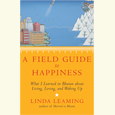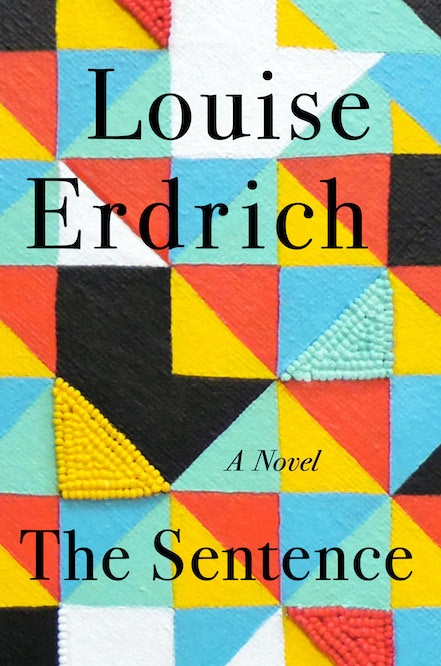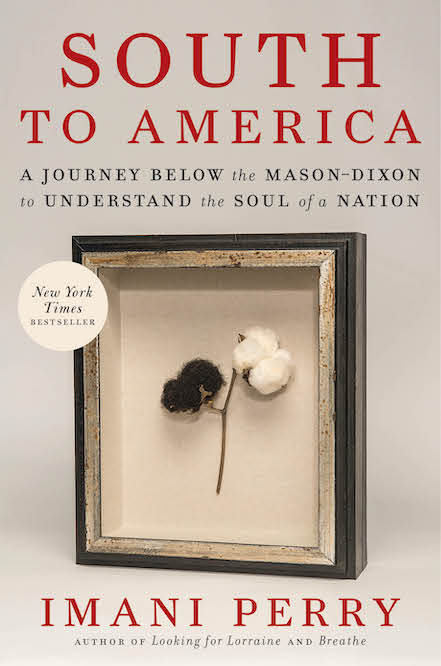Why Am I Alive?
Michael Farris Smith imagines the troubled pre-Gatsby years of Fitzgerald’s Nick Carraway
At first glance, Michael Farris Smith, known for novels that explore the kudzu-darkened backroads of Mississippi, seems a world away from F. Scott Fitzgerald, the writer who coined the phrase “The Jazz Age” to capture the glitz of New York City in the 1920s. Fitzgerald’s The Great Gatsby has become a byword for high-class debauchery, a world where men in double-breasted blazers swill champagne while lithe twins in spangly dresses dance the Charleston. Smith’s characters are more likely to sell bait and tackle than trade bonds on Wall Street. Yet in Nick, Smith offers a backstory for Gatsby’s refined narrator that is every bit as muddy and violent as Smith’s trademark Southern gothic.
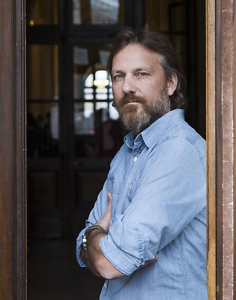 Fitzgerald provides so little information about Nick Carraway’s experiences in World War I that Smith is working with a virtual blank slate. In Gatsby, Nick makes one reference to his participation in the war, calling it a “delayed Teutonic migration,” after which he feels “restless” in his Midwestern hometown. Smith’s rendition of Nick’s life, by contrast, proceeds from the premise that trench warfare is deeply scarring. If combat veterans choose not to speak about it, they are attempting to block horrific memories. In addition to suffering from post-traumatic stress, Nick has his heart broken by a French woman, Ella, who succumbs to the dual demons of privation and addiction. By the time Nick ships stateside, he is a shell of a man, bereft and rudderless.
Fitzgerald provides so little information about Nick Carraway’s experiences in World War I that Smith is working with a virtual blank slate. In Gatsby, Nick makes one reference to his participation in the war, calling it a “delayed Teutonic migration,” after which he feels “restless” in his Midwestern hometown. Smith’s rendition of Nick’s life, by contrast, proceeds from the premise that trench warfare is deeply scarring. If combat veterans choose not to speak about it, they are attempting to block horrific memories. In addition to suffering from post-traumatic stress, Nick has his heart broken by a French woman, Ella, who succumbs to the dual demons of privation and addiction. By the time Nick ships stateside, he is a shell of a man, bereft and rudderless.
“Why am I alive?” Nick wonders after he drifts south to New Orleans rather than returning home. Washed up in “Frenchtown,” he stumbles into the demimonde of prostitution, bootleg liquor, and opium dens. The dangerous alleys and dimly lit saloons appeal to his darkened soul. He feels drawn “into the void because he hadn’t been bad enough to go to hell or good enough to ascend to heaven.”
Though Smith borrows his protagonist from Fitzgerald, the style of Nick (and Smith’s previous novels, such as Blackwood) owes more to Hemingway, the run-on sentences packed with concrete detail. The early scenes in Paris with Ella sound like the sunny moments in the beginning of The Sun Also Rises. “After they were done watching the fishing and boats they would get a cold bottle of white wine and a strip of saucisson sec and walk along Saint-Germain to Luxembourg,” Smith writes. “They sat underneath the trees and drank from the bottle and Nick cut the sausage with a pocketknife.”
When the action moves to the front-line tunnels, where Nick works as a “listener” to detect German troop movements, the prose recalls A Farewell to Arms, especially in its incorporation of soldierly language. “The command from above declared that we will by God be ready when that hour comes” to launch an attack, “and if we are not then we’ll all go to hell together.”
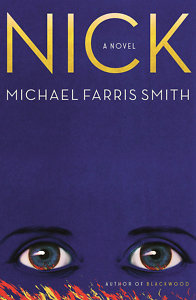 In Nick, Smith has no interest in previewing Daisy’s love triangle with Jay and Tom, but readers familiar with Gatsby will detect subtle echoes. Fitzgerald’s Nick confesses to the creepy habit of following “romantic” women in New York and imagining that “I was going to enter their lives.” In Smith’s telling, Nick develops this quasi-stalking behavior after he loses Ella and “began to wonder if she had been a figment of his imagination.” In Paris he trails young women who resemble Ella to re-create their love affair in his mind. “In a few days, he had lived a dozen lives with them. Had made hundreds of memories.”
In Nick, Smith has no interest in previewing Daisy’s love triangle with Jay and Tom, but readers familiar with Gatsby will detect subtle echoes. Fitzgerald’s Nick confesses to the creepy habit of following “romantic” women in New York and imagining that “I was going to enter their lives.” In Smith’s telling, Nick develops this quasi-stalking behavior after he loses Ella and “began to wonder if she had been a figment of his imagination.” In Paris he trails young women who resemble Ella to re-create their love affair in his mind. “In a few days, he had lived a dozen lives with them. Had made hundreds of memories.”
In one daring episode, Smith modifies Fitzgerald’s iconic opening lines, slightly altering the words of advice from Nick’s father – “[N]ot everybody has the same advantages that you have,” he tells young Nick in Smith’s version. “So, before you criticize anybody, you think about that” – and contextualizing them as part of Nick’s unhappy childhood. Nick’s mother falls into periods of “blackness,” depression characterized by pulled curtains and locked doors. Nick grows up watching his father stare at his mother, his expression alternating between wonder and despair.
One night Nick sneaks downstairs to see his father sitting at the kitchen table, drinking bourbon and talking to himself. Nick doesn’t understand his father’s distress but wants to help. “Call me and I will come in there and sit with you,” Nick thinks. Instead, his father keeps the anguish to himself, his mother continues her cycle of depression, and Nick looks forward to the day when he can leave them behind.
The long middle section of Nick set in New Orleans may appear to be a dramatic divergence from the recognizable Carraway tale of West Egg, Long Island, but in Smith’s telling it represents a necessary stage in Nick’s development. Before he can tell Jay Gatsby’s tragic story, he has to make sense of his own.

Sean Kinch grew up in Austin and attended Stanford. He earned a Ph.D. from the University of Texas. He now teaches English at Montgomery Bell Academy in Nashville.
